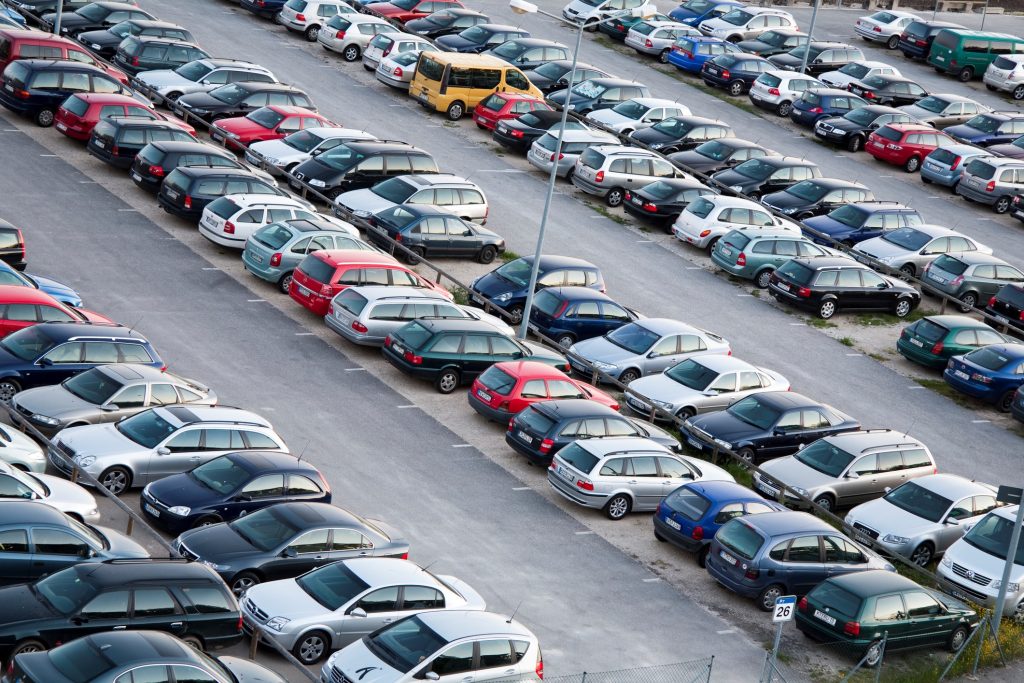
A consultation on a new Private Parking Code of Practice, which aims to create a fairer, more transparent system, has been launched.
To better support drivers, a new rule is being considered that would uphold appeals where motorists had no reasonable choice but to breach parking terms.
It is also seeking views on retaining the current industry cap for parking charges of £100, with a 40% discount where the charge is paid within 14 days.
Furthermore, the consultation aims to determine whether the debt recovery fee cap, which is currently £70, should be in place, and if so, what the level of that cap should be.
Proposals contained within the consultation will ensure fair treatment for motorists and introduce common-sense standards across the industry, including clear signage and mandatory grace periods, says the Government.
It also believes the new code will help prevent charges caused by issues like payment machine errors, accidental typos or poor mobile signal.
Local growth minister, Alex Norris, said: “Too many people are being unfairly penalised.
That’s why our code will tackle misleading tactics and confusing processes, bringing vital oversight and transparency to raise standards across the board.”
However, Jack Cousens, head of roads policy for the AA, says that the “long-awaited” consultation will not please drivers and suggests that Government is “bending the knee” to the private parking industry.
He explained: “A higher cap of £100 compared to the original plans of £50, the retention of debt recovery fees and the inclusion of a £20 so-called ‘mitigation’ charge does little to offer protection for drivers.
“We urge all drivers to complete the consultation and submit their views and experiences when dealing with private parking firms.
“If Government can understand the depth of contempt drivers hold against some of these shark-like businesses, maybe it will do more to help innocent drivers.”
Private parking companies issued a record 14.4 million tickets to drivers in a single year, new Government data suggests.
The figures for the year ending March 2025, analysed by the RAC, showed requests to the DVLA from car park management companies for vehicle keeper details reached almost 1.2m a month (1,197,653) or nearly 40,000 a day (39,375), on average.
The figure of 14.4m is more than double the number six years ago (6.8m in 2018-19), just before the Government passed an Act of Parliament intended to clamp down on rogue private parking operators. It is also 13% up on the 12.8m seen in 2023/2024.
RAC head of policy, Simon Williams, said: “We desperately need a Government-backed private parking code of practice to be brought into force to protect drivers.
“But it’s important to realise this latest consultation is only happening because the industry successfully prevented the code being put in place after an Act of Parliament was passed six years ago.
“We must now ensure that whatever the Government introduces has sufficient teeth to make a real difference to drivers.
“We urge every driver who has been issued a parking charge notice that they didn’t feel was fair to share their views on the consultation. We will be making our opinions clear in our response as we continue to fight for better private parking practices.”
A Private Members’ Bill introduced by Sir Greg Knight in response to concerns about private parking operators’ behaviour became the Parking (Code of Practice) Act 2019.
In February 2022, the previous government issued a code of practice in accordance with this legislation, but it was withdrawn in June 2022, due to legal challenge.
Matters raised included concerns that the code incorporated lower caps than the industry caps on parking charges at the time and banned debt recovery fees.
Challengers argued these points were not properly consulted on and that an impact assessment should have been carried out.
At this point, it was withdrawn with a view to developing a fuller picture of the impact of the policy. This led to a ‘call for evidence’ in 2023, asking for information about a variety of parking charge and debt recovery fee levels, which has helped develop the proposals for this latest consultation.
The eight-week consultation on the new code of practice for the private parking industry ends on September 5.







